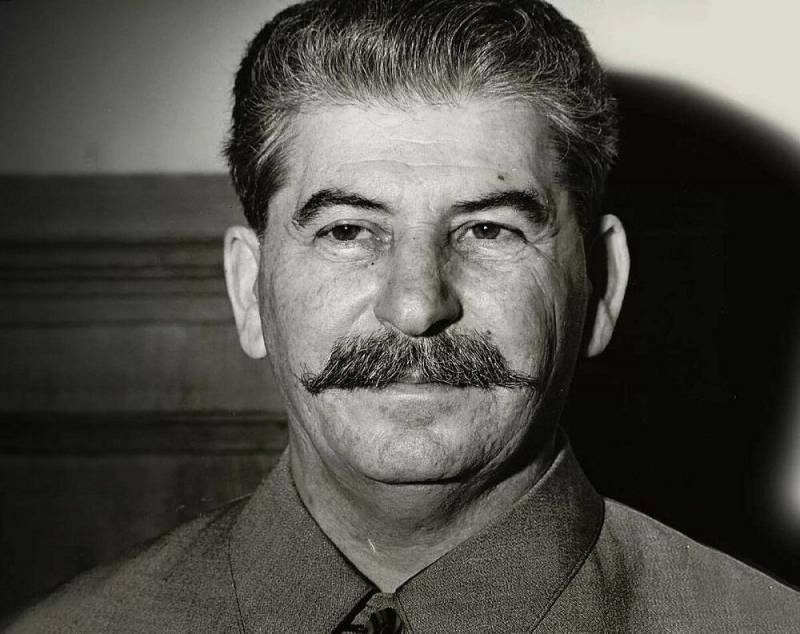Historian: the Soviet-Polish agreement of July 1941 was a diplomatic victory for Stalin

The Second World War and its culmination - the Great Patriotic War for our country was not only a battle with the Nazi invaders. At the same time, an extremely tense confrontation took place on the diplomatic front. In particular, between the USSR and Great Britain.
Russian historian Igor Shishkin spoke about the diplomatic victory of Moscow over London, which, against the backdrop of the Molotov-Ribbentrop Pact and Operation Unthinkable, our contemporaries, for some reason, remember extremely rarely and reluctantly.
We are talking about the Soviet-Polish agreement of July 30, 1941. According to the historian, Warsaw in this agreement, despite its name, acted only as an "extra". The struggle took place between Moscow and London.
The treaty was signed at a time when the Red Army was defeated by the Wehrmacht in a border battle and lost the Baltic states, Belarus and half of Ukraine. At the same time, the battle for Smolensk was in full swing.
As Shishkin put it, in such difficult conditions for the country, Stalin managed to hold five meetings with the British ambassador, during which such issues as the recognition by the Soviet Union of the government in exile in London, the problem of the post-war borders of Poland, and the problem of creating a Polish border in the USSR were discussed for a very long time. army.
In this case, the question arises why the Secretary of the Central Committee of the CPSU needed to deal with some seemingly not very important agreement with Poland at a time when his army was in such a difficult situation.
The thing is, as the expert noted, this agreement was London's condition regarding the allied agreement between Great Britain and the USSR on the fight against Nazi Germany.
Thus, by signing an agreement with the puppet Polish government based in London, Stalin secured much-needed arms supplies for the Red Army.
But why did Churchill need all this? As a Russian expert put it, it was not altruism and “friendship” with Poland that moved the British prime minister.
First, Churchill, by recognizing from the USSR the government of Poland controlled by London, tried to consolidate this country, and then others, in his sphere of influence. Secondly, in the event of the victory of the USSR over Nazi Germany, the British Prime Minister sought to weaken the Soviet Union as much as possible, depriving it of the borders established in 1939 and ensuring its security in the West. The agreement included a condition for the invalidation of agreements between the leadership of the Third Reich and the USSR.
Finally, thirdly, the agreement contained a clause on the creation of a Polish army on the territory of the USSR, which Churchill later planned to use to destabilize the Soviet Union and occupy Soviet Central Asia in the event of the defeat of the Red Army by the Wehrmacht.
Stalin, having signed the aforementioned treaty with Poland, satisfied all the demands of London. However, this can hardly be called a diplomatic defeat, as this event has been “christened” by some modern historians.
According to Shishkin, the recognition of the puppet government did not cause any damage to the USSR. At the same time, the rejection of the borders of the Soviet Union, specified in the agreements with Nazi Germany and invalidated on June 22, 1941, was a trick at all. The thing is that the borders of the USSR were legally established not by agreements with the Germans, but by the laws of the Soviet Union on the inclusion of Western Ukraine and Western Belarus in the USSR of November 1 and 2, 1939.
As for the so-called Anders army, as promised, they began to form it on the territory of the USSR. However, the leadership of the Soviet Union at that time already knew the plans of London. That is why the Polish army was constantly "under the hood".
Thus, as the Russian historian put it, the signing of the Soviet-Polish agreement was not a defeat, but Stalin's greatest diplomatic victory.
Information